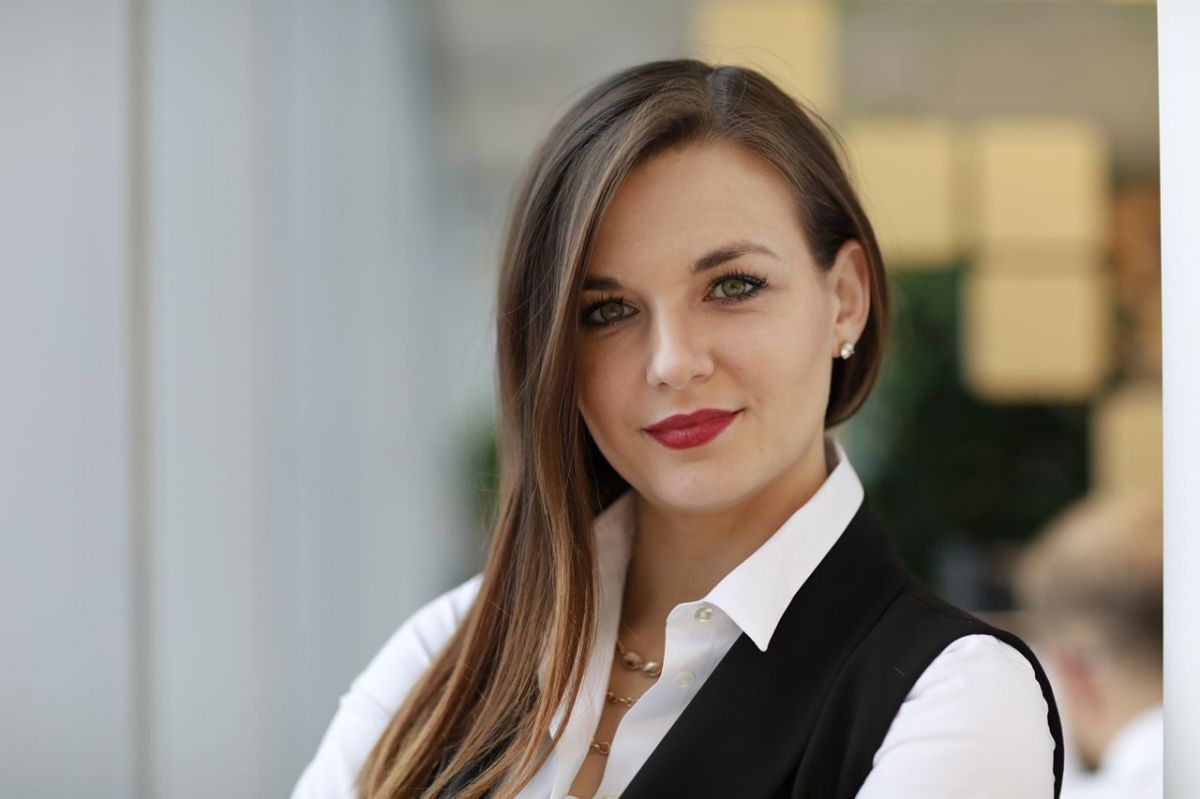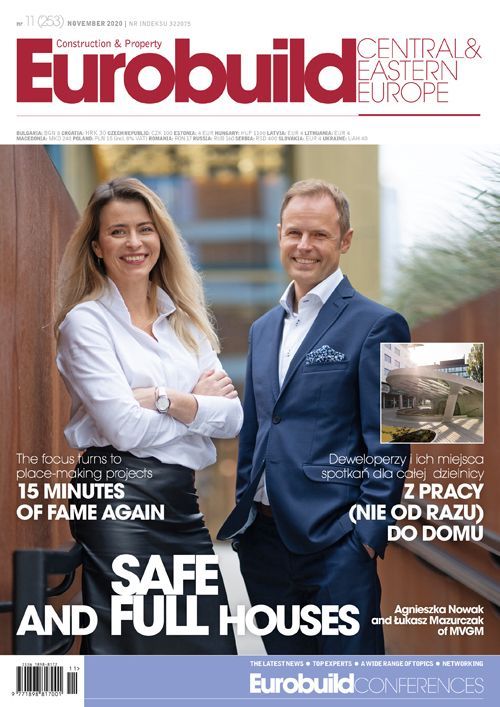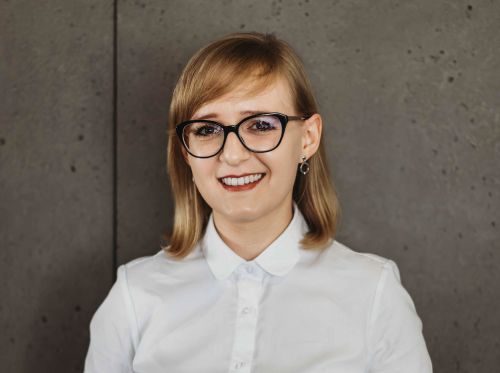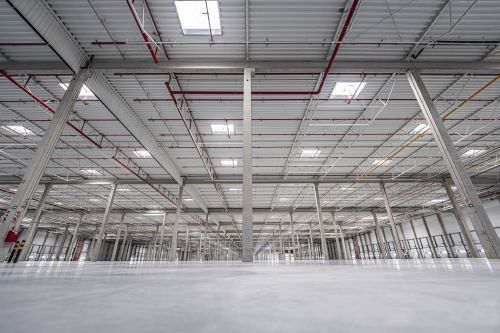The Colliers Mobility Pass platform (CMP) is now being rolled out. Why would companies and individuals need to access offices on a subscription basis? Isn’t a normal flex-office enough?
Renata Hartle, flex-office strategy & technology solutions manager, Colliers International: In today’s world one option is just not enough. We want to have full flexibility in our choices. This is the basis for how CMP works. It’s a platform that joins operators of flexi-space across the world. For a fixed monthly payment, someone can use office space in Warsaw, New York or Singapore. Someone with a subscription can choose where they work, book meeting rooms, make reservations and reap the benefits. For larger companies, it adds a very flexible component to their office strategy. And freelancers can work wherever they want in the world. For example, a 100-team firm can lease a traditional office for 60 people while the rest of the staff can work not only at home but anywhere in th




























































